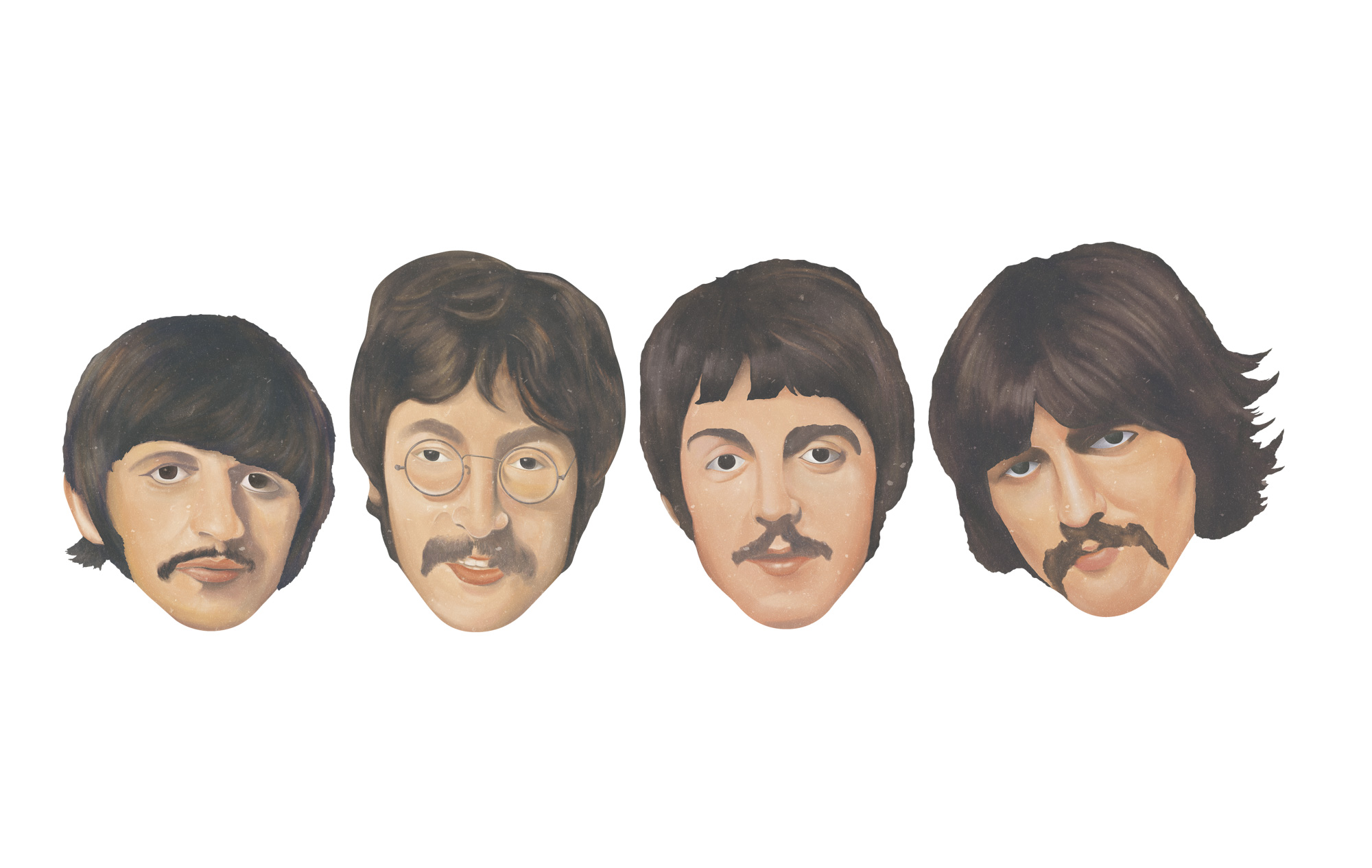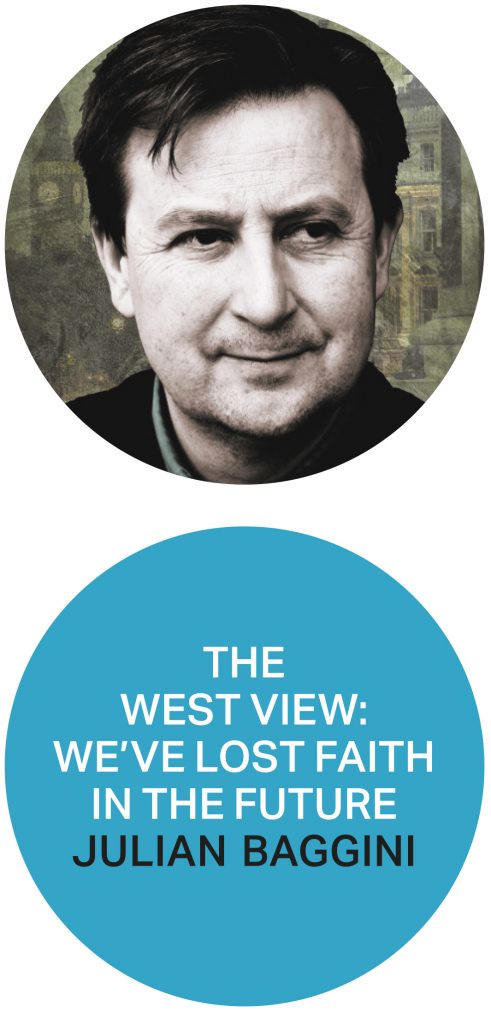
The west view: India has what the West thinks it lacks
Julian Baggini
In February 1968, The Beatles travelled to Rishikesh in northern India to study transcendental meditation at the ashram of Maharishi Mahesh Yogi. As a symbol of the West’s fascination with India, it’s hard to beat the image of the rich, famous and hedonistic rock stars seeking simplicity and spirituality – trailed by wives, girlfriends, assistants and the press.
Ever since the 1960s, perhaps earlier, India has represented to the West everything it believes it is not.
New York is as lacking in soul as New Delhi is rich in it. When Westerners find themselves financially comfortable but existentially empty, it is to India that they turn for an alternative.
More often than not, however, these seekers find it harder to leave behind their Western values than they expect. Like The Beatles’ entourage, individualism follows them into the ashram. I found myself thinking this when I visited the site of the Buddha’s enlightenment in Bodh Gaya in the state of Bihar. Most of the visitors were in groups from other Buddhist countries, all dressed alike. The few Westerners came alone and very much retained their individual styles. I saw one woman cross-legged with nicely done hair and stylish clothes. Another man sat meditating with sunglasses on, an accessory no one else with closed eyes felt necessary. If one aim of meditation is to dissolve the ego, they brought plenty to work on.
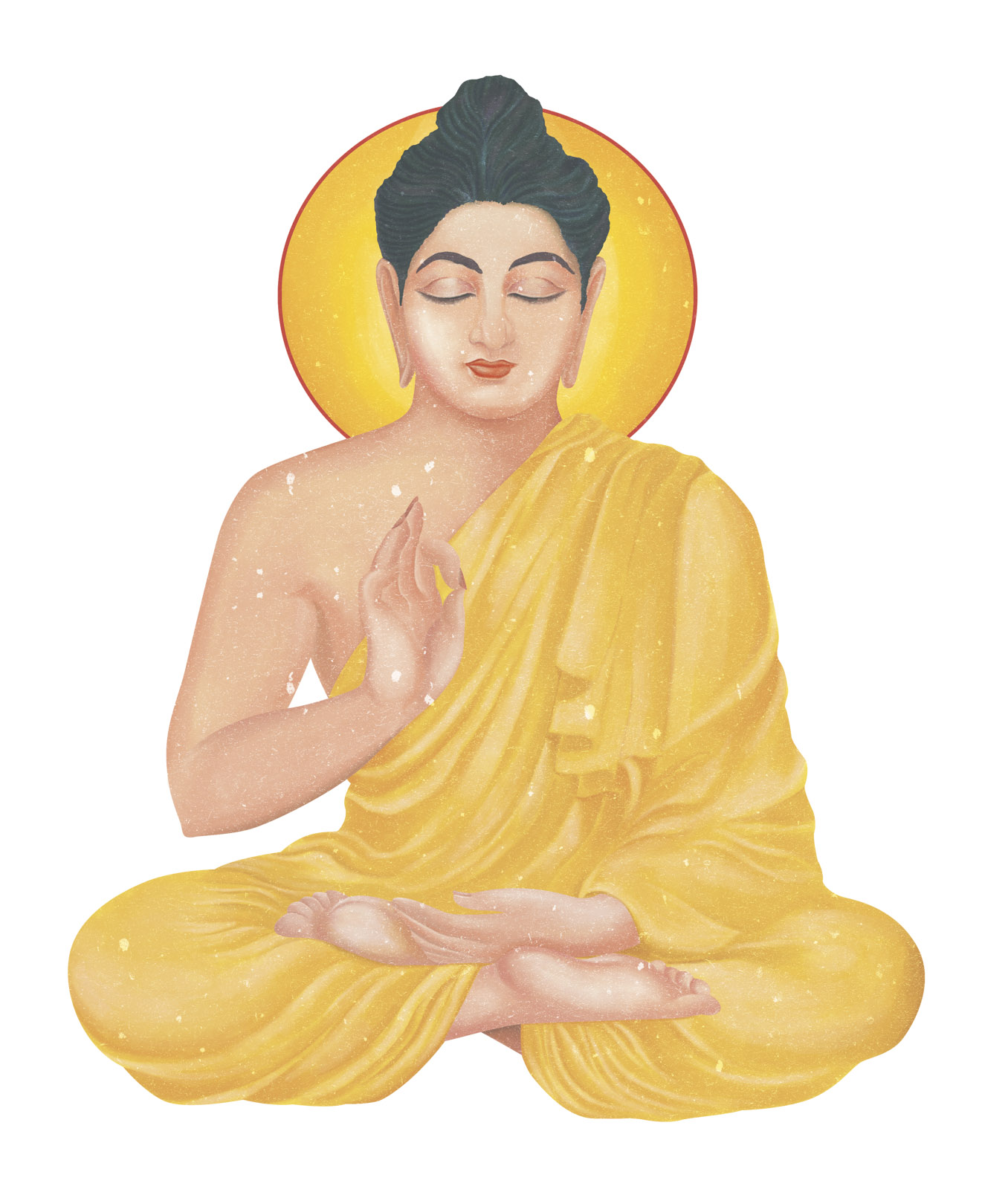
I’ve also often noticed how people who go on Eastern religion retreats rarely think of themselves as giving up on sensual pleasures but rather as taking up better, simpler ones. They will try to persuade you that the diet of lentils and rice is actually better than richer ‘junk’ food rather than an ascetic embrace of the bland. They haven’t rejected a life of pleasure and personal happiness but found a simpler, cheaper, more effective way of getting it; not an alternative to the goal of personal fulfilment valued in the West but a different route to it.
In essence, the West is materialistic and India spiritual. That is perhaps why so many renounce only so much. When The Beatles stayed with the Maharishi, they certainly didn’t practise celibacy and many reports suggest they didn’t stay off the drink or drugs either. Their ‘simple’ living quarters were also palatial by local standards.
If this sound too cynical, it’s far milder than the criticism the musician Ravi Shankar had of the Western hippies who claimed to revere him. Shankar was befriended by The Beatles and was famously introduced to a wider Western audience at George Harrison’s Concert for Bangladesh in 1971. Shankar dismissed many of the people who attended his performances as ‘strange young weirdos’. For them, rejecting Western values simply meant turning on, tuning in and dropping out. This outraged Shankar who was horrified by the sight of festival crowds ‘shrieking, shouting, smoking, masturbating and copulating – all in a drug-crazed state’. He wanted them to listen to his music in a state of concentrated reverence. ‘You don’t behave like that when you go to hear a Bach, Beethoven or Mozart concert,’ he said of them.
For many, it is as though meditation and Indian classical music are chemical-free trips. Even the Beatle most devoted to the Maharishi, George Harrison, first spoke to him as though his spiritual techniques could be dished out like drugs. ‘Got any mantras?’ he said, as though asking for some marijuana.
At the same time, Westerners often romanticise India to such an extent that its people are thought to be more spiritual than any human beings could ever be. Far from being above worldly matters, the Maharishi amassed a sizeable fortune and according to several reports slept with some of his female followers, despite claiming to be celibate.

The singer-songwriter Donovan, Mike Love of The Beach Boys and the actress Mia Farrow were among many Western celebrities who stayed at the Maharishi’s ashram. Only a few, Harrison among them, followed the path over the long term. Today, transcendental meditation, like the ancient spiritual discipline of yoga, is practised by Westerners more often in the service of wellbeing than for the ultimate goal of liberation or enlightenment.
I think that too many people who become disillusioned with the West end up wanting both too much and too little out of India. Too much, because they want it to be more purely spiritual than any human culture can be; too little because they do not want its religious and philosophical ideas to fundamentally challenge their project of personal fulfilment.
Perhaps that’s why in the end most Western experiments in Indian religious practice end up as a kind of spiritual tourism, as John Lennon seemed to realise. On his return to the UK, a reporter asked him if the Maharishi was ‘on the level’. ‘I don’t know what level he’s on,’ he said, ‘but we had a nice holiday in India and came back rested.’
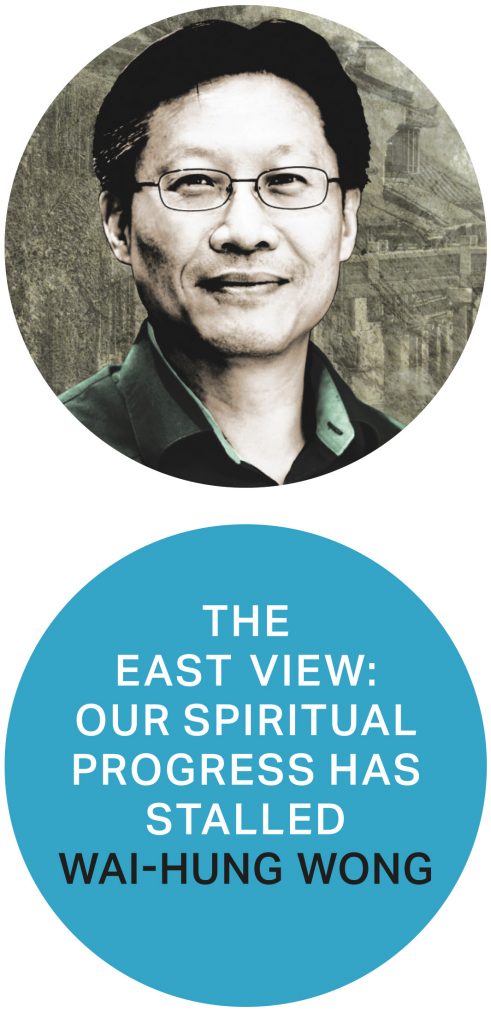
The East view: There is no one ‘East view’
Wai-hung Wong
In October last year, the Indian minister of home affairs, Rajnath Singh, gave a speech in celebration of a nationwide tourism festival. In it, Singh claimed that the country had dominated and ‘culturally controlled China for over 2,000 years without sending a single soldier’ – a ‘fact’ even renowned Chinese scholar Hu Shih admitted, he said.
Global Times, a subsidiary of the Chinese government’s People’s Daily, promptly lambasted
Singh’s remark – a hyperbole designed to stir national pride. The paper also pointed out that while Indian Buddhism did once prevail in China, the majority religion in modern India, Hinduism, has had little impact.
It was one of those times when the title of this column becomes problematic. It’s an indisputable truth that fundamental differences exist between Eastern and Western cultures. But while China and India might belong to the ‘East’ camp geographically, in philosophy they belong to different realms.
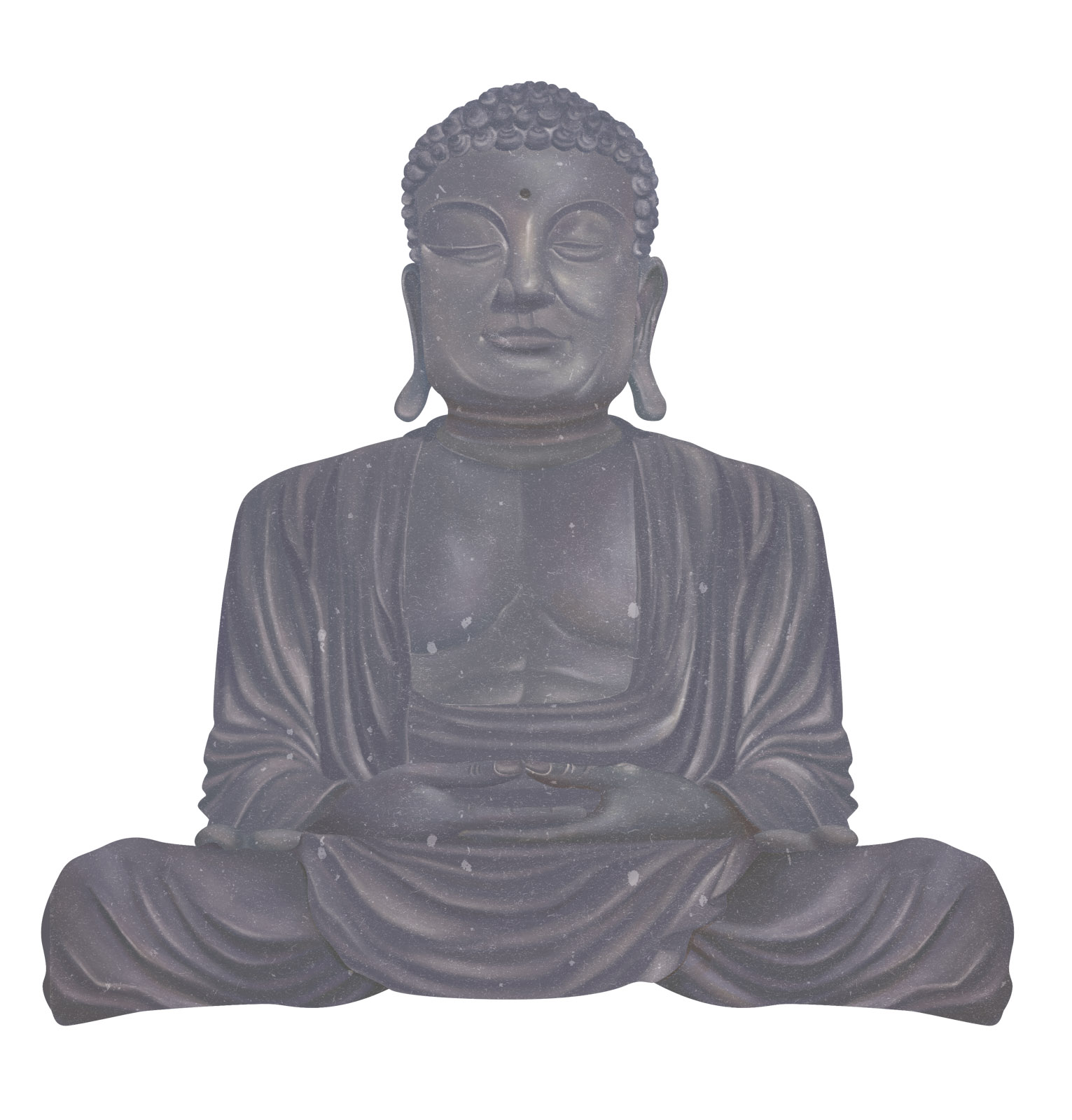
Still, did Singh make a sound claim? Because it is undeniable that Chinese culture was greatly influenced by Indian Buddhism. The practice was introduced to China in the Han dynasty and has flourished since then: Buddhist temples are omnipresent. Not only did it form a pre-eminent cultural trinity with Confucianism and Taoism, it also shaped the beliefs and customs of commoners while informing the philosophical thinking, literary creation and aesthetic sense of intellectuals.
But ‘cultural dominance over two millennia’? Singh ignores the fact that Buddhism was largely localised in China. Sects like the Zen school of Buddhism retained few traits of its Indian prototype. Zen went on to inspire neo-Confucian scholars in the Song and Ming dynasties. Whether this influence was Indian in essence is debatable: the agent itself was a hybrid.
It is also ironic for Singh to endorse his claim in the name of Hu Shih. Hu, one of 20th century China’s foremost scholars, accepted there was an ‘Indianisation period’ of China. Hsu, a rationalist and proponent of science-based thinking, believed that ‘Buddhism, which had loomed large in China for more than 1,000 years from the Eastern Han to Northern Song [dynasties], upset the lives of Chinese nationals,’ as was recorded in The Memoirs of Hu Shih by Tong Tekong.
So the word ‘Indianisation’ is misleading. It should be ‘Buddhistisation’.
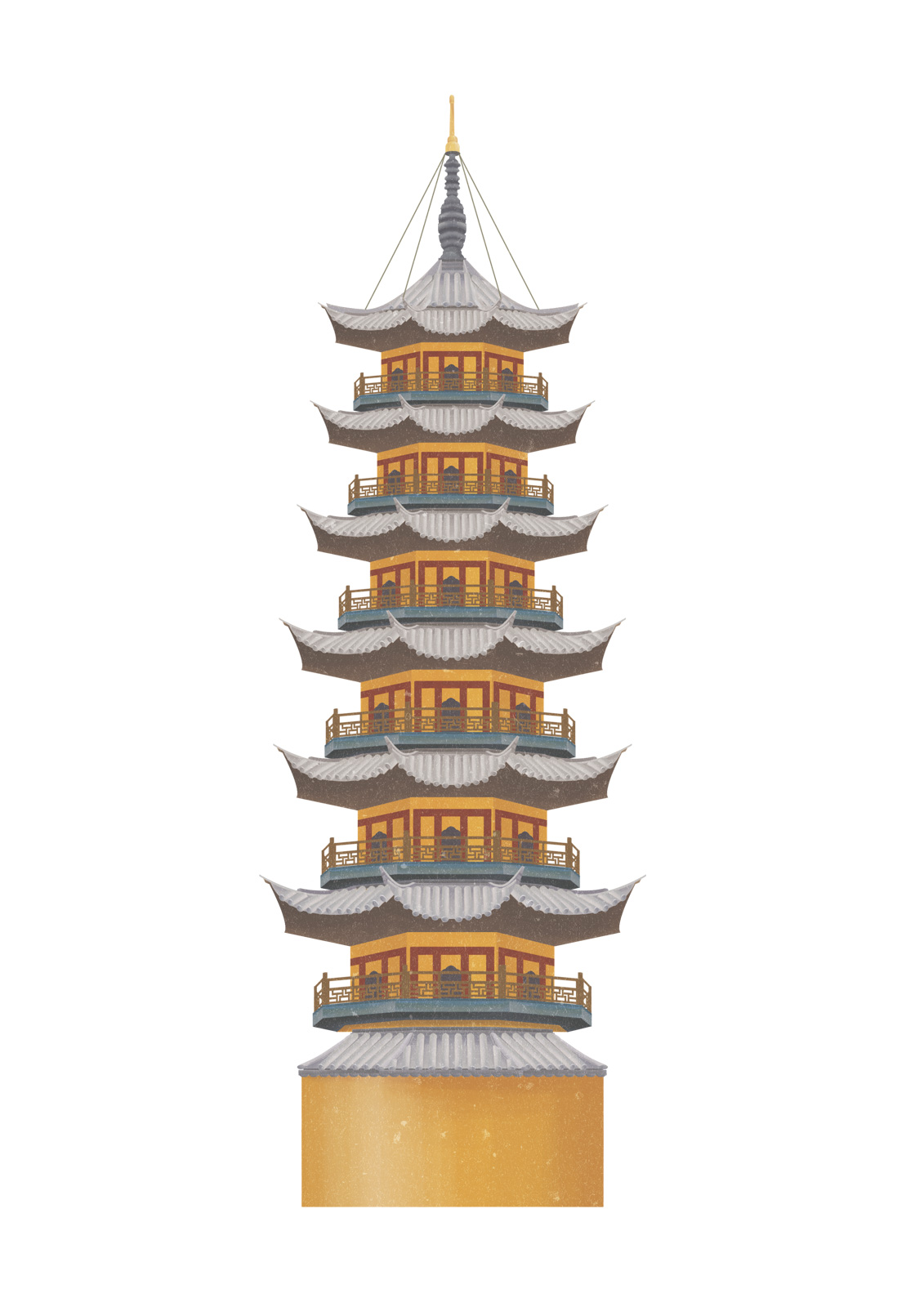
It is a complicated job to illustrate the influence of one culture on another. Conclusions can only be drawn after thorough studies. While Chinese culture has been influenced by foreign nations, from India then and now the West, the process has never been reciprocal. Why? Perhaps because Confucianism and Taoism do not play an important role in science and politics, and therefore can easily be dismissed as conventional and non-progressive. Thus, both philosophies do not have much influence on Western culture, which since the Enlightenment has always upheld ‘progress’ as the prime value.

East meets west
By Yang Liu




